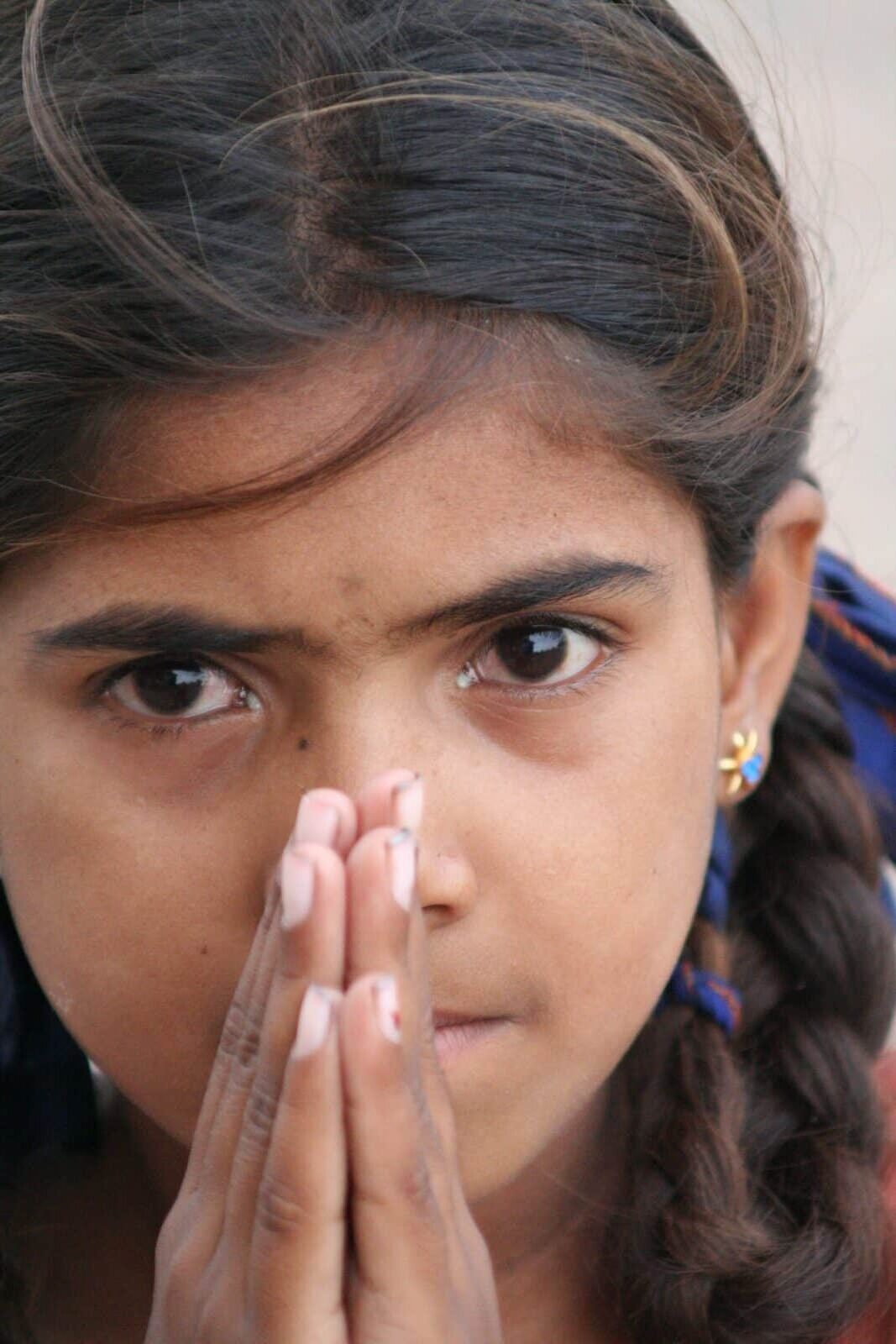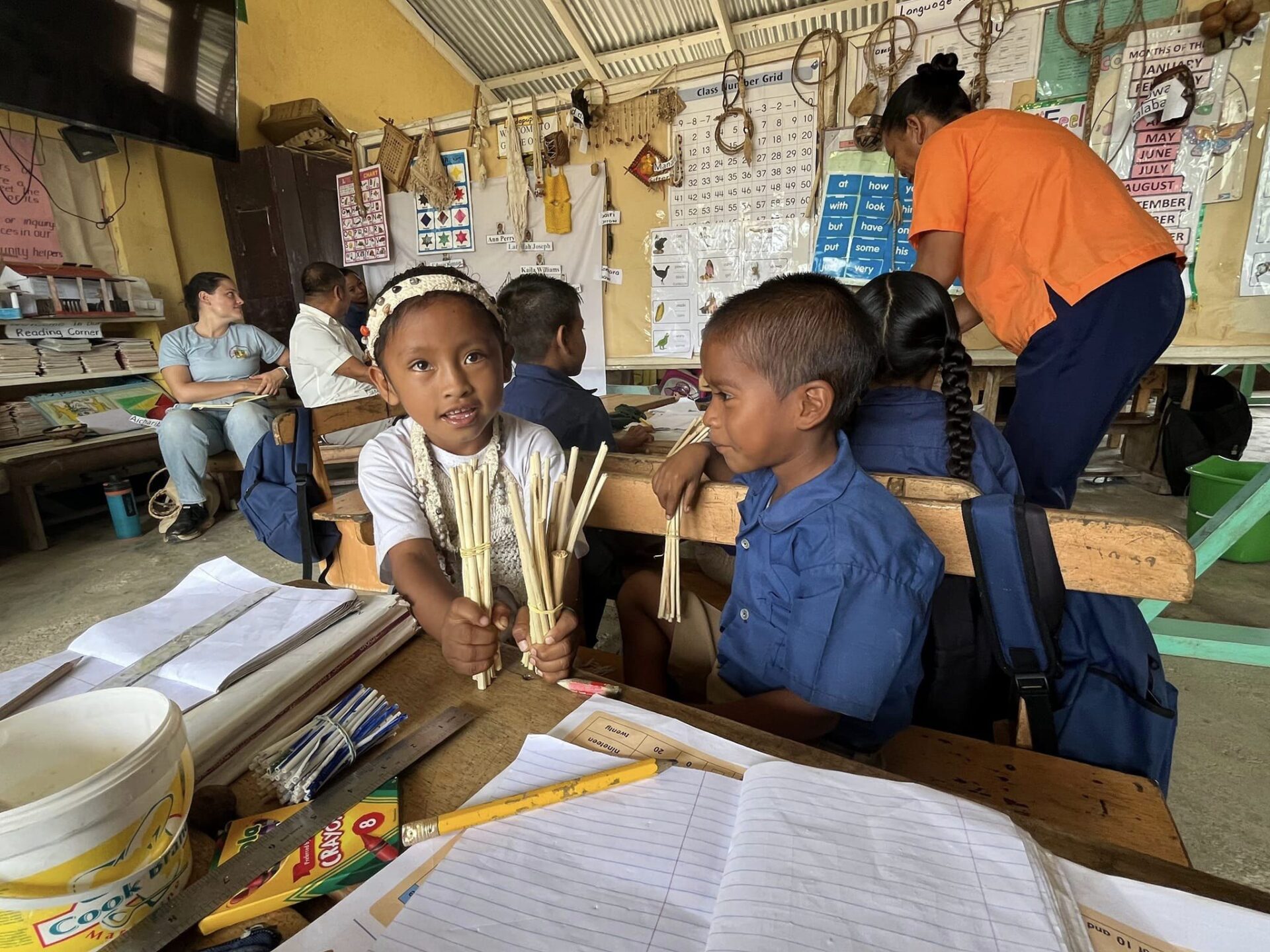About the project
Quality Bilingual Education Programme (QBEP)
- Where: Guyana
- What: Education for indigenous children
- Number helped: 300
The project enables Wapichan children to live their language in the classroom, an environment that has traditionally been dominated by English.
Education in Guyana has brought many advantages to the Wapichan people, but at the same time it has tended to separate them from the traditional education that took place through participation in their own community life.
This programme seeks to redress this balance, allowing them to feel even more connected to their culture.
More projects

South Sudan
We support vocational training centres across South Sudan, as well as providing support to refugees affected by conflict in neighbouring Sudan.

China
Ricci Social Services walks alongside those with health issues, many living in isolated circumstances, providing support at a human level.

help us continue our vital work
With your support, we can continue our work improving the lives of those who need it most.



